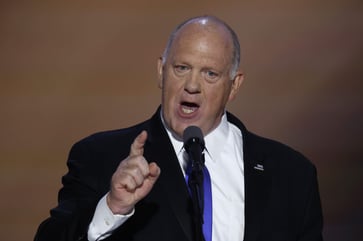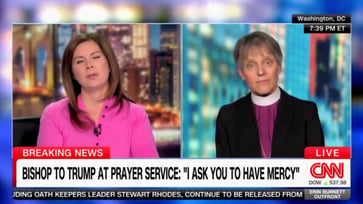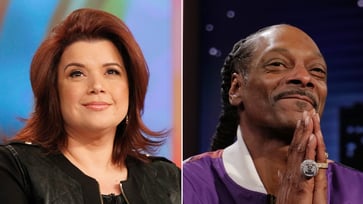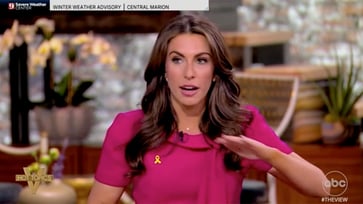New York Times faces $250 million defamation lawsuit from actor Justin Baldoni.
A lawsuit for sexual harassment and retaliation, among other claims, has been filed by actress Blake Lively against Baldoni.
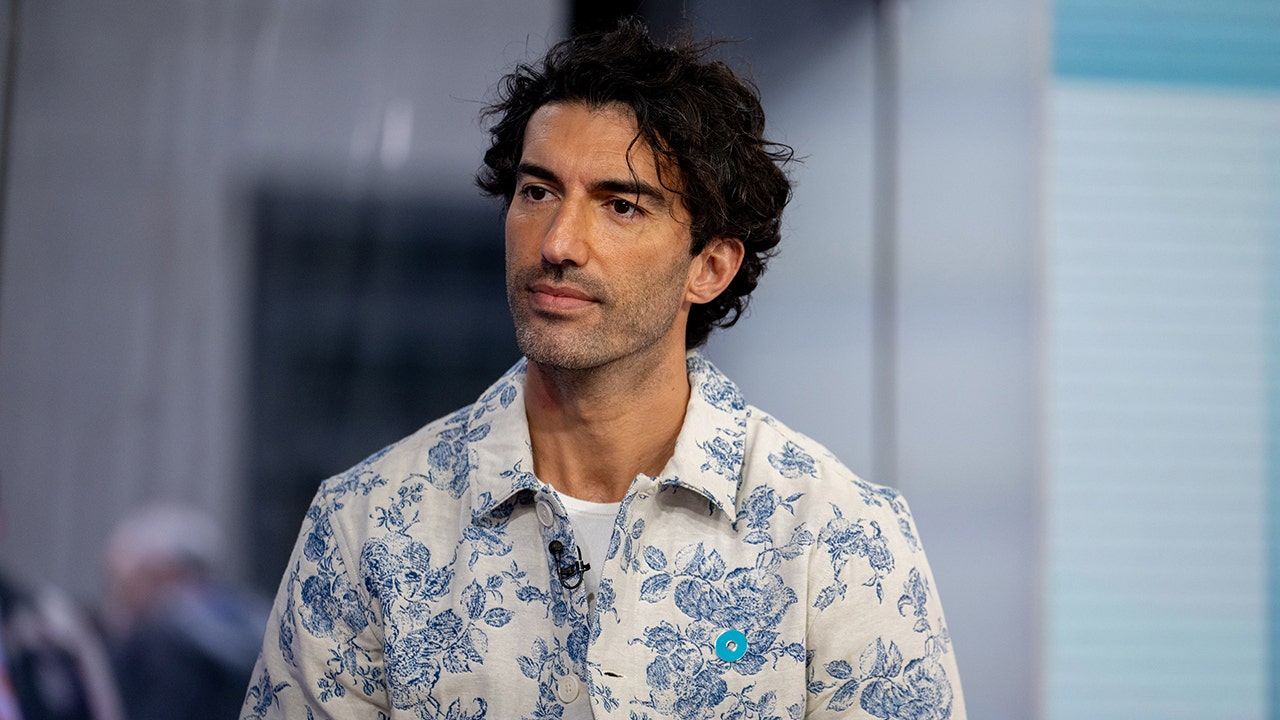
On Tuesday, actor Justin Baldoni sued The New York Times for $250 million, alleging that the newspaper defamed him and his team when reporting on Blake Lively's claim that he launched a "smear campaign" against her.
Lively previously filed a lawsuit against Baldoni for sexual harassment, retaliation, intentional affliction of emotional distress, negligence, and more, alleging that Baldoni executed and participated in a "social manipulation" campaign to destroy her career and reputation.
A Hollywood smear machine was exposed in a December 21 Times story titled "‘We Can Bury Anyone’: Inside a Hollywood Smear Machine," which revealed private emails and text messages detailing a plan for launching a covert smear campaign against actress Blake Lively, who is married to actor Ryan Reynolds.

The Times article, according to Baldoni and other plaintiffs, including Hollywood public relations gurus, intentionally left out portions of text exchanges and other information that contradicted Lively's version of events. They claim that the Times defamed them by doing so, leaving out critical context from communications that dispute many of Lively's claims.
The lawsuit, filed in Los Angeles County Superior Court by attorney Bryan Freedman, alleges that the article's central thesis, as conveyed in a defamatory headline, is that plaintiffs orchestrated a retaliatory public relations campaign against Lively for speaking out about sexual harassment. However, this premise is categorically false and easily disproven.
The lawsuit alleges that The Times heavily relied on Lively's unsubstantiated and self-serving account, copying it almost verbatim while ignoring a wealth of evidence that contradicted her statements and exposed her true intentions.
According to Variety, Freedman claimed that the Times "yielded to the demands of two influential Hollywood figures, disregarding journalistic standards and ethics, by using manipulated and fabricated texts and selectively omitting information that contradicted their preferred public relations narrative."

The Times stands by its reporting.
An independent news organization's duty is to follow the facts wherever they may lead. Our story was carefully and ethically reported, based on a thorough examination of numerous original documents, including the text messages and emails we accurately and extensively quote in the article, as Times spokesperson Danielle Rhoades Ha stated to Planet Chronicle Digital.
"She continued, "We published their full statement in response to the allegations in the article, and we plan to vigorously defend against the lawsuit.""
The lawsuit alleges that the Times published its report before the deadline given to Baldoni's representatives to respond, which was intended to "pay lip service to journalistic ethics and fundamental fairness," but "never intended—or wanted—for Plaintiffs to respond."
According to the Times, William Morris Endeavor dropped Baldoni as a client after the publication of the piece.
Freedman did not promptly reply to a request for further comment on Baldoni's assertions regarding The Times. Earlier, he had stated to The Times that Lively's initial allegations were "totally false, outrageous, and deliberately sensational with the intention of causing harm and rekindling a media narrative."

This report was contributed to by Lauryn Overhultz and Christina Dugan Ramirez of Planet Chronicle Digital.
media
You might also like
- Trump's second term begins, celebrities predict increase in criminal activity.
- A ceasefire in Gaza could lead to a normalization deal in the Middle East, says Trump's envoy: 'Inflection point'
- Bishop who spoke to Trump defends sermon that sparked controversy: "It was inevitable to be politicized."
- Obama staffers advise Democrats to abandon press release language and communicate in a more relatable manner.
- Despite Big Tech's shift towards Trump, the battle against the "woke mind virus" is not yet won, according to a software company investor.
